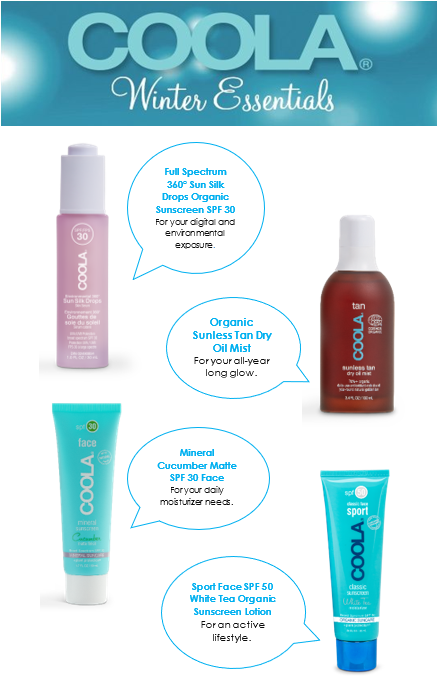WINTER IS THE NEW SUMMER
- Sep 24, 2020
- 2 min read
Sun damage does not discriminate between seasons.
Did you know that 80% of UV rays are reflected on the snow? Not only is your skin exposed to UV rays from the sky, but also those being reflected on the ground. Essentially, the body is being hit by the sun two times the amount that it is during summer months. This is also true when skies are grey, since large portions of UV rays pass through clouds.
ATTENTION ALL SNOW BUNNIES People who enjoy outdoor winter sports and activities greatly increase their exposure to the harmful effects of the sun. In fact, the higher the altitude, the greater the exposure to UV rays.
As the winter months approach in these unprecedented times, outdoor activities will be at an all-time high. Sun care is equally beneficial to your health as wearing a mask.
Temperature should NOT give us the impression that we are protected from the sun, when in fact, we are not. Regardless of the season, sun care is ultimately the most important step of any skin care routine.
Moreover, the combination of cold, wind, and dry air from heating systems can dry our skin and make the effects of sun damage more visible.

During winter months, the sun is actually closer to the earth and its rays are even stronger. The colder it gets, the thinner the ozone layer becomes. When there is less ozone in our atmosphere, there is less of a filter absorbing the suns UV radiation. Winter sun can create lasting damage to your skin. The only way to prevent these effects is by using a product with SPF 30 or more, all year ‘round!

OUR WINTER FAVOURITES





Comments